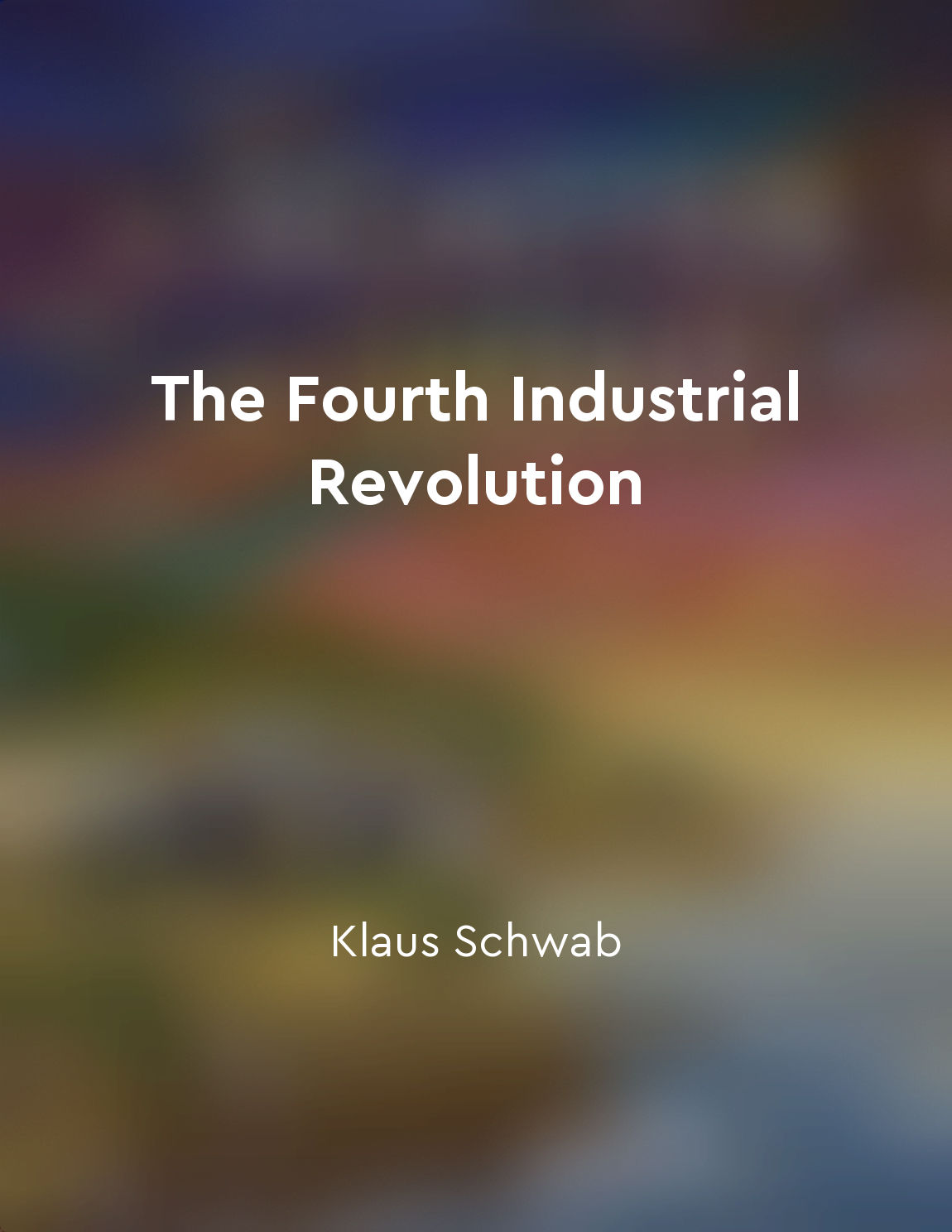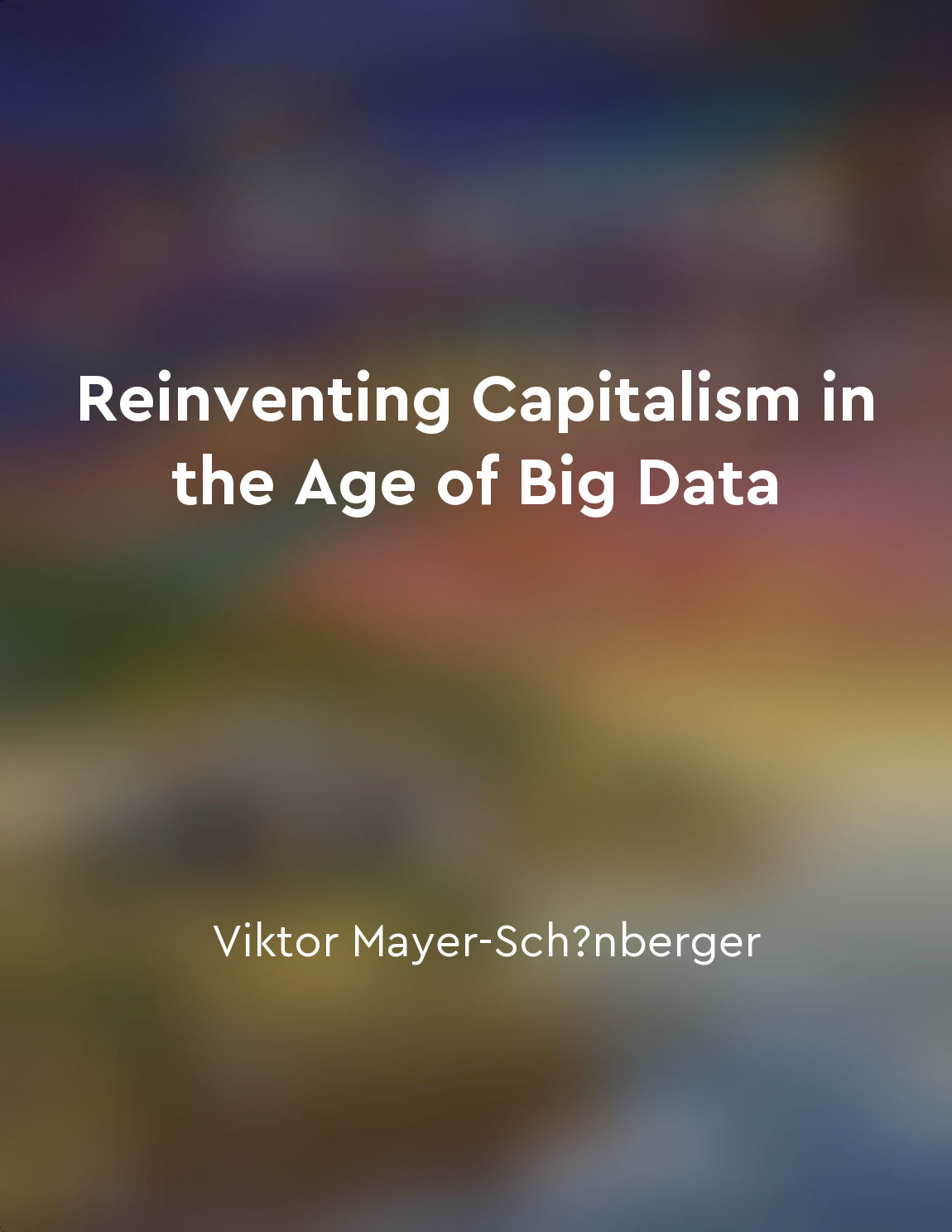They can entrench prejudice from "summary" of Weapons of Math Destruction by Cathy O'Neil
When algorithms are designed with biased data or flawed assumptions, they can reinforce and perpetuate existing prejudices. This is because these algorithms rely on historical data to make predictions about the future, and if that data is tainted by discrimination, the algorithm will simply learn and replicate those biases. This can lead to a vicious cycle where biased outcomes are fed back into the system, further entrenching prejudice. For example, in the criminal justice system, algorithms that predict recidivism rates may use factors like zip code or family history, which can be proxies for race or socioeconomic status. This means that individuals from marginalized communities are more likely to be classified as high risk, leading to harsher sentencing or increased surveillance. As a result, these communities are disproportionately impacted by the criminal justice system, perpetuating the cycle of discrimination. Similarly, in the hiring process, algorithms that screen resumes may inadvertently discriminate against certain groups based on factors like name or educational background. If these algorithms are not carefully designed and tested for bias, they can inadvertently disadvantage qualified candidates from underrepresented communities. This not only perpetuates inequality in the workforce but also reinforces stereotypes and prejudices. Moreover, the opacity of these algorithms can make it difficult to identify and correct these biases. Since many algorithms are proprietary and shielded from public scrutiny, it is challenging to hold them accountable for their discriminatory outcomes. This lack of transparency can further exacerbate the problem, as it allows biased algorithms to operate unchecked and unquestioned.- The entrenchment of prejudice by algorithms is a serious and pervasive issue that requires careful attention and oversight. By understanding the ways in which algorithms can perpetuate bias and discrimination, we can work towards creating more equitable and just systems that benefit all members of society.
Similar Posts
Supervised learning uses labeled data for training models
In supervised learning, you typically start with a dataset that contains examples of input data points along with their corresp...
Cultural differences in economic outcomes
The impact of cultural differences on economic outcomes is often underestimated or overlooked in discussions about poverty and ...

Solidarity with oppressed groups is essential
Solidarity with oppressed groups is essential. It is a foundational principle of anti-racism work. It means standing with those...
Machine learning is a powerful tool for building intelligent systems
Machine learning is a powerful tool that enables computers to learn from data and improve their performance over time. By using...

Sustainability must be prioritized to address the environmental impact of technological advancements
As we navigate the Fourth Industrial Revolution, it has become increasingly evident that the environmental impact of technologi...
Emotional expression varies across digital platforms
In the online world, people communicate through various digital platforms such as social media, messaging apps, and online foru...
The AI industry is highly competitive with major players vying for the top spot
The AI industry is a battleground where major players are constantly jockeying for dominance. It is a cutthroat world where com...
Complexity breeds new possibilities
Complexity is not chaos; it is an intricate web of connections and interactions that give rise to emergent properties and unexp...

The value of data lies in its potential for analysis
Data in the age of Big Data is often described as the new oil - a valuable resource that can fuel innovation and drive economic...

Collaboration between governments and tech companies is key
The relationship between governments and tech companies is a critical area that demands careful attention. On one hand, governm...

